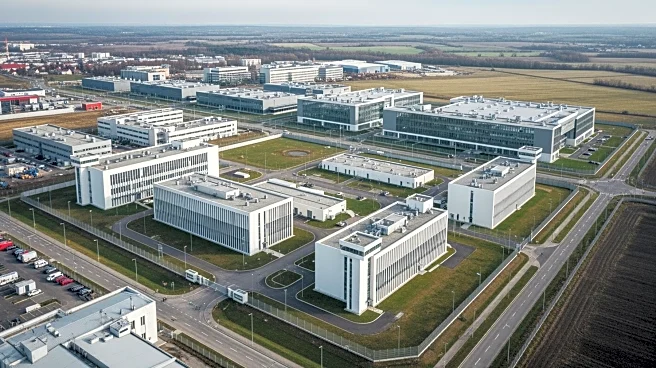What's Happening?
The healthcare industry is facing increased financial pressure due to rising payer scrutiny, regulatory complexity, and staffing constraints. Traditional retrospective audits are no longer sustainable,
prompting healthcare organizations to adopt proactive, risk-based compliance programs. These programs integrate data, automation, and real-time oversight to prevent revenue leakage and improve operational efficiency. Automation and advanced analytics are being used to streamline routine tasks and identify high-priority risks, allowing organizations to respond to emerging challenges more effectively.
Why It's Important?
The shift to proactive auditing is crucial for healthcare organizations to maintain financial viability and meet regulatory expectations. By identifying issues before claims are submitted, organizations can prevent denials and reduce compliance risk. This approach aligns with evolving regulatory expectations and supports the sustainability of healthcare operations. As margins remain tight, proactive auditing helps protect revenue and ensures compliance efforts support care delivery rather than burden it.
What's Next?
Healthcare organizations are expected to continue integrating automation and analytics into their auditing processes to enhance compliance and revenue integrity. The adoption of proactive auditing strategies will likely become more widespread as organizations seek to reduce revenue leakage and improve operational efficiency. Collaboration between compliance, finance, and revenue cycle leadership will be essential to align auditing efforts with broader organizational goals.









